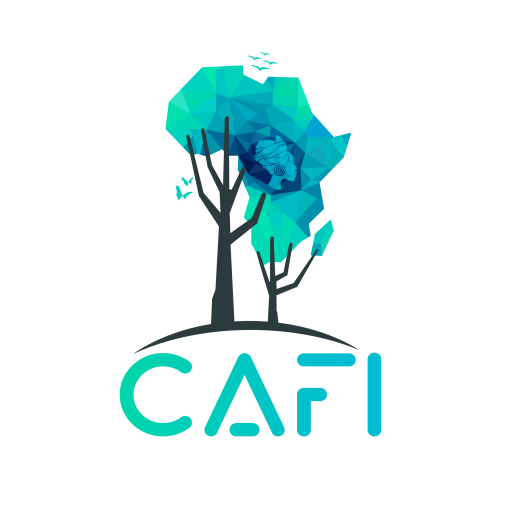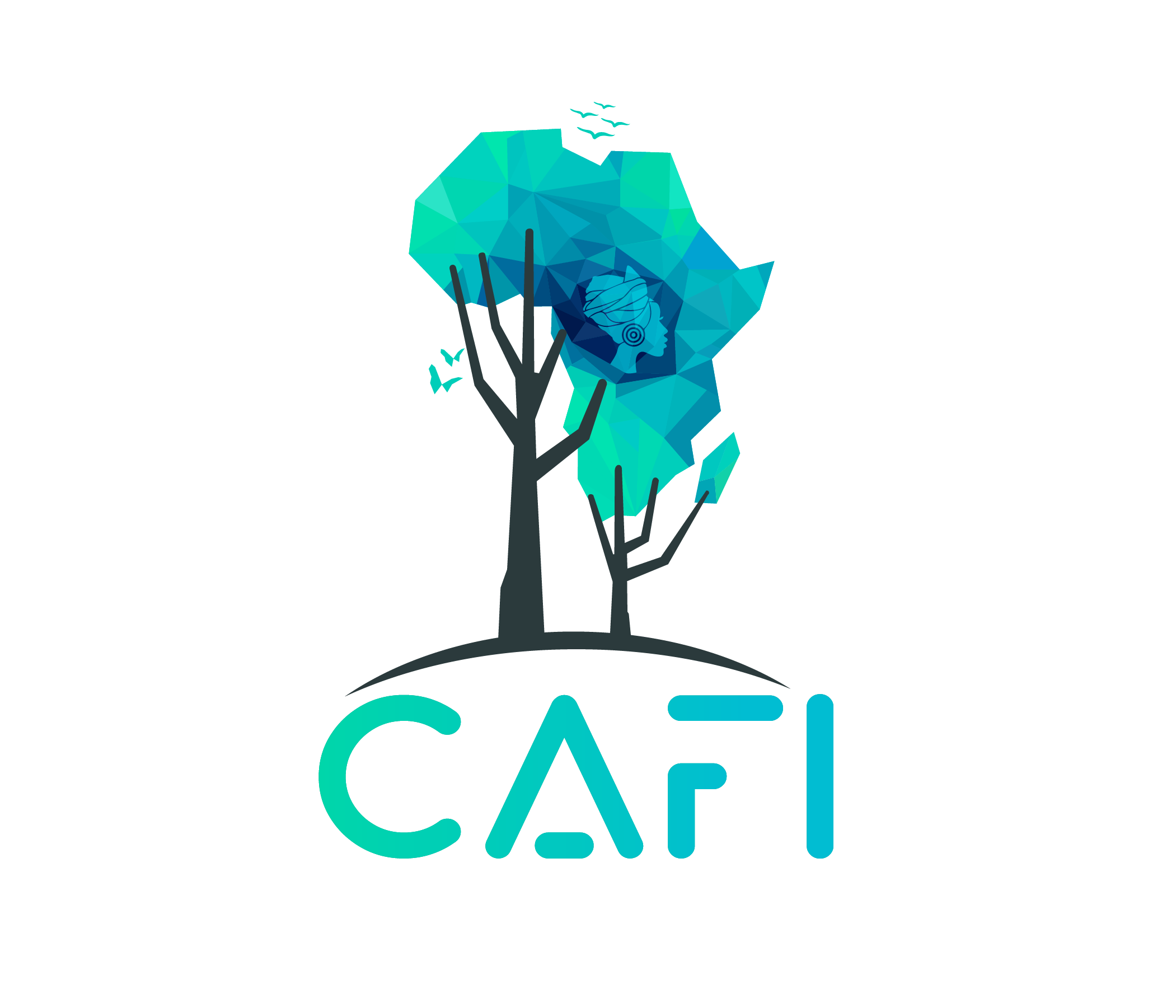At its November 27, 2024 session, the Steering Committee of the DRCongo National REDD Fund (FONAREDD) approved an innovative project entitled “Agriculture Paysanne Zéro Déforestation” in the province of Kongo Central.
In line with projects already financed by CAFI in the DRC, this project, supported by the international NGO One Acre Fund, aims to replace destructive agricultural practices, such as slash-and-burn cultivation, with sustainable sedentary production models focused on savannahs and degraded lands.
Small Scale Agriculture Zero Deforestation is distinguished by its particular emphasis on :
- The distribution of quality certified seeds produced by local cooperatives, in order to increase agricultural yields in a sustainable manner.
- The promotion of a “farmer-entrepreneur” model: smallholders are trained, equipped and supported to become local entrepreneurs, thus contributing to the creation of rural micro-enterprises.
- Payments for Environmental Services (PES): Farmers are rewarded for sustainable farming practices and tree planting, based on participatory land-use zoning.
With a total budget of 29.8 million USD over three years, this pilot project is intended to be replicated in other regions to maximize its impact.
Aligned with the DRC’s national REDD+ strategy and the CAFI-RDC Letter of Intent, “Agriculture Paysanne Zéro Déforestation” aims primarily to guarantee food security while improving the livelihoods of rural populations, without encroaching on forest areas. By reducing deforestation and preventing uncontrolled forest fires, it is part of an ambitious approach to natural resource conservation and soil regeneration.
An expanded FONAREDD/CAFI portfolio
The “Agriculture Paysanne Zéro Déforestation” project will add to CAFI’s already substantial investments in the DRC via FONAREDD. By the end of 2023, CAFI’s investments in agriculture represented 32% of its total financing in all countries.
Among the results achieved thanks to this support, we note the reform of agricultural policy, and, on the ground, more than 38,000 hectares of subsistence farming and more than 22,000 hectares of perennial crops already installed, the majority in DRCongo, and 83,000 households benefiting from improved food security by the end of 2023.
A multi-sector commitment to sustainable development
In addition to this project, the FONAREDD steering committee approved five projects to support rural development, notably through renewed support for the Equateur PIREDD, governance, support for health infrastructures and institutional strengthening. The projects approved on November 27 total 57.7 million USD, reflecting a strong commitment to inclusive and sustainable development in the DRC.

